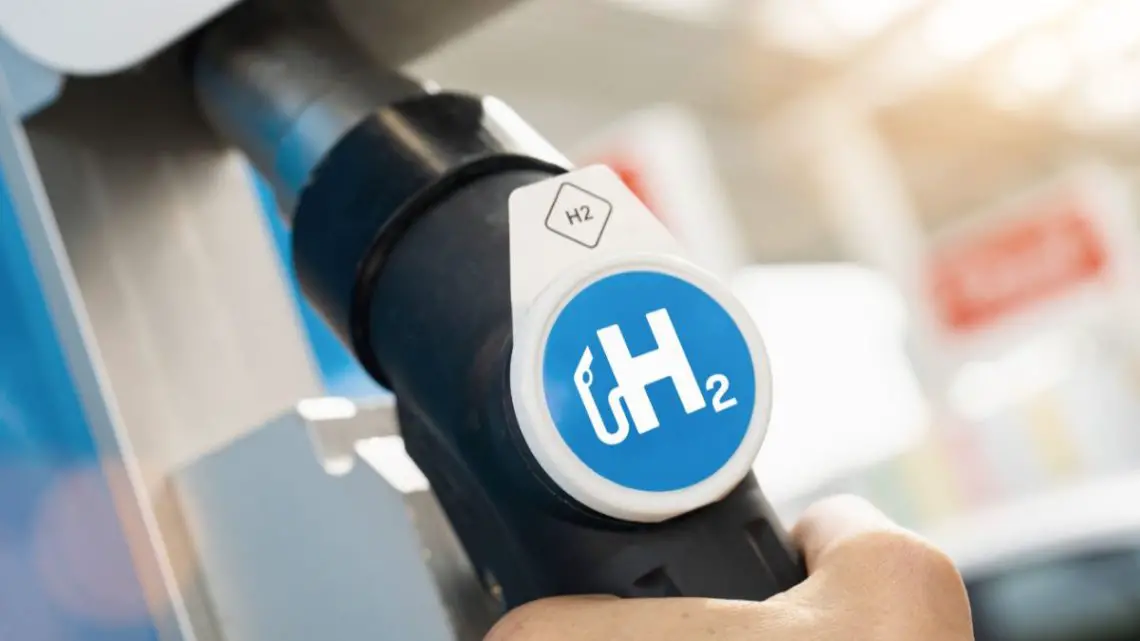
Humboldt Transit Authority hydrogen fuel buses could receive H2 supply from PowerTap
April 18, 2023 0 By Alicia MooreThe Humboldt Transit Authority (HTA), a public transit system in California, and PowerTap Hydrogen Fueling Corp. are in non-exclusive discussions about potentially supplying H2 fuel to HTA’s hydrogen fuel buses. This aligns with California Air Resources Board’s efforts to reduce greenhouse gas (GHG) emissions and enhance air quality through the use of fuel cell electric buses. While no definite agreements have been made, PowerTap sees this as an opportunity to explore how their fueling stations could be reconfigured and support the refueling of HTA’s hydrogen buses. PowerTap also plans to offer mobile refueling solutions for hydrogen buses that are not within range of a refueling station.
HTA and PowerTap have entered into non-exclusive discussions.
The Humboldt Transit Authority (HTA) and PowerTap Hydrogen Fueling Corp. have entered non-exclusive discussions about PowerTap potentially supplying H2 fuel to HTA’s hydrogen fuel buses, which the transit authority intends to add to its bus fleet in California.
Any potential opportunities with the HTA are subject to a definitive agreement.
According to PowerTap Hydrogen Capital Corp. (NEO:MOVE.AQN, OTC: MOTNF), its wholly owned subsidiary PowerTap Hydrogen Fueling Crop. does not have a definitive schedule to move on to the next phase of discussions with the HTA toward fulfilling any agreement at this time. This means that currently there are no guarantees or assurances that the discussions PowerTap has had with the HTA, will lead to a transaction or definitive agreement in regard to PowerTap supplying H2 fuel to HTA’s hydrogen buses.
Still, PowerTap sees these discussions with the Humboldt Transit Authority as an opportunity to explore a potential reconfiguration of their hydrogen refueling stations that they have planned for their Northern California-based Andretti Fortuna and Eureka stations. Both of these stations are located within HTAs service area and could accommodate the possible refueling of the HTA’s hydrogen fuel cell electric buses.
HTA’s hydrogen fuel buses aligns with state goals to lower GHG emissions.
The HTA H2 buses are equipped with fuel cells and not a hydrogen internal combustion engine. These fuel cell electric buses (FCEBs) align with California Air Resources Board’s goal to reduce greenhouse gas (GHG) emissions and improve air quality.

PowerTap considers the transportation sector to be one of the biggest contributors to these emissions in California, and that the use of FCEBs will help to lower these emissions and support a cleaner environment.
“PowerTap believes that the adoption of FCEBs in the transportation sector will continue to grow, and the Company is committed to playing an integral role in supporting this transition,” said CEO of PowerTap Hydrogen Fueling Corp., Salim Rahemtulla in a recent news release about the non-exclusive discussions.
PowerTap’s stations could benefit HTAs H2 buses.
 Rahemtulla added that PowerTap is excited about the chance to explore the reconfiguration of their fueling station to support the refueling of HTA’s hydrogen fuel buses, and that the company is committed to providing the transportation sector with clean, zero-emissions H2 fueling solutions.
Rahemtulla added that PowerTap is excited about the chance to explore the reconfiguration of their fueling station to support the refueling of HTA’s hydrogen fuel buses, and that the company is committed to providing the transportation sector with clean, zero-emissions H2 fueling solutions.
“PowerTap is confident that its patented, unique onsite hydrogen fueling solutions will play a significant role in reducing greenhouse gas emissions, improving air quality, and creating a cleaner environment for all,” said Rahemtulla.
Additionally, PowerTap is exploring the possibility of refueling HTA’s hydrogen buses via mobile refueling solutions, which would provide the FCEBs with access to hydrogen fuel, even if the hydrogen fuel buses were not within range of an H2 fueling station.
At the time of this writing, PowerTap has not entered into any agreements with HTA.
Join in the conversation – See Below: [forminator_poll id=”58027″]
About The Author
Alicia Moore's dedication to sustainable energy products goes beyond her writing. She actively seeks out new ways to live more sustainably, and encourages others to do the same. Her commitment to eco-friendly living is evident in her daily life, and she is always looking for ways to reduce her impact on the environment. What sets Alicia apart as a writer is her ability to communicate complex topics in a way that is accessible to everyone. Her passion for renewable energy is contagious, and her writing inspires readers to consider the ways in which they can make a positive impact on the planet. Ultimately, Alicia's work is driven by a desire to create a more sustainable and equitable world, and her writing serves as a powerful tool for achieving this goal.



 With over 15 years of reporting hydrogen news, we are your premier source for the latest updates and insights in hydrogen and renewable energy.
With over 15 years of reporting hydrogen news, we are your premier source for the latest updates and insights in hydrogen and renewable energy.